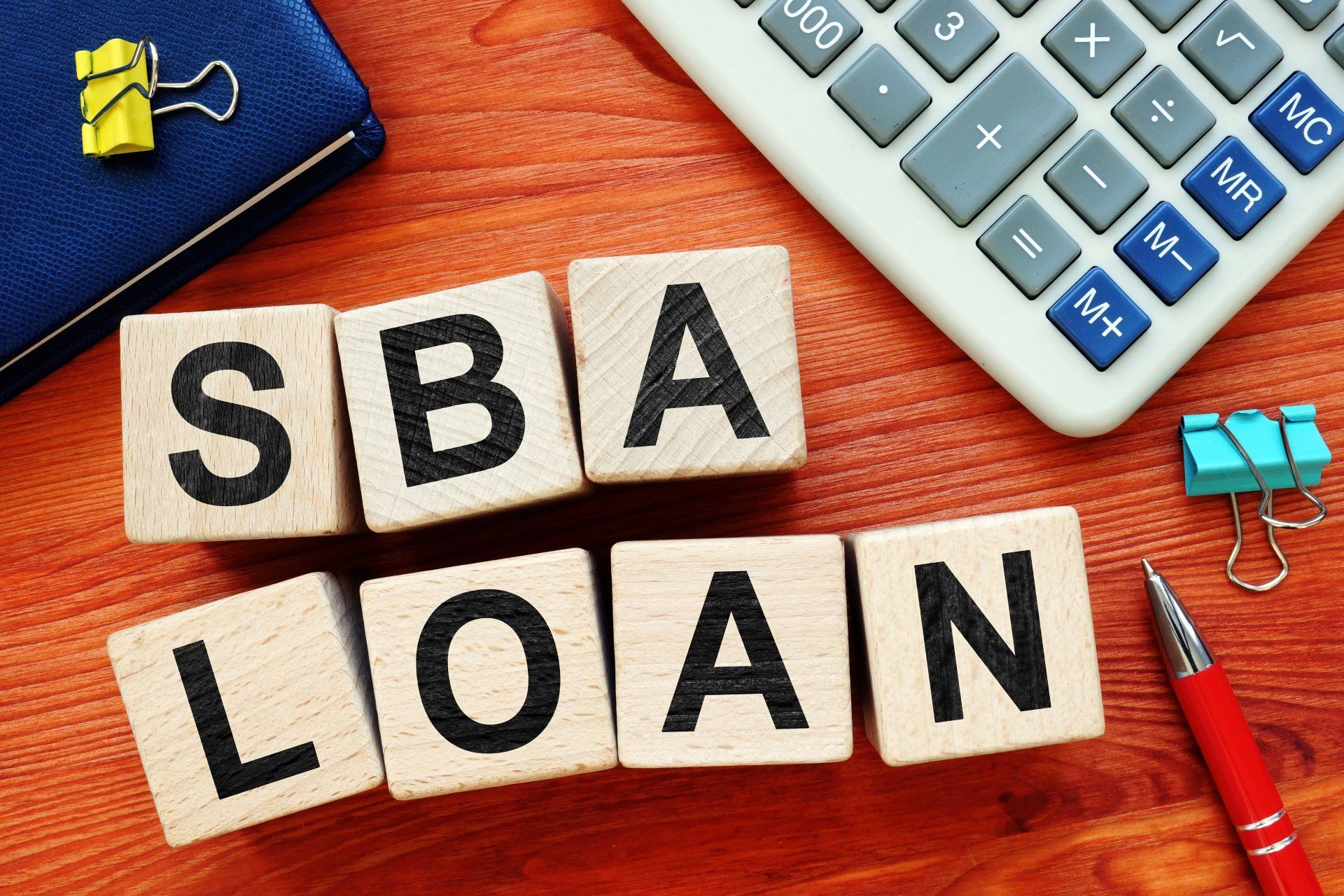SBA Loans: Are They Right for Your Business?

There are pros and cons to all types of financing, including loans from the Small Business Administration (SBA).
What Is an SBA Loan?
SBA loans aren’t directly from the government; they’re Small Business Administration-guaranteed loans from a lending institution. There are many different types of SBA loans designed to meet a variety of capital needs.
The benefit for a lending institution is the loans are guaranteed up to a certain percentage, meaning banks feel safer in lending to riskier businesses they might not normally lend to if repayment isn’t (mostly) guaranteed.
Different loan amounts have different guarantees. For example, 7(a) loans for $150,000 or less can be guaranteed up to 85 percent, while an SBA Express loan won’t be guaranteed more than 50 percent. Some loans, like Export Express loans, have large 90 percent guarantees.
Some of these loans have very specific requirements. For example, to qualify for 100 percent construction financing, your business will be required to occupy at least 60 percent of the property being constructed.
If you’re considering your business loan options, you need to do your research on the specific types of SBA loans you qualify for or consult with a lender about your SBA loan eligibility.
The Pros of an SBA Loan
It’s not always easy for a small business owner to obtain financing for an expansion, or franchisers to get a loan to expand their burgeoning franchise empires. Lenders might not want to gamble their money on your internal profitability estimates – but the government is often willing to take on the risk to promote growth.
In addition to easier qualification requirements, SBA loans also boast some other borrower-friendly features, like extended term lengths on non-real estate commercial loans. They also lock in max rates at 2.75 over prime for most loans, as long as they’re more than $50,000 with a seven-year (or longer) term.
Small businesses also save a lot of money on down payments with SBA loans. Plus, you can secure financing for between 80 or 90 percent of your project’s estimated costs. There are also far fewer restrictions on what the money can be used for – as long as it’s going toward the stated business project for the loan. The money can be spent on soft costs, franchise fees or even operating costs.
For many people looking to start a small business or expand their existing one, SBA loans may seem like a blank check for the vast majority of their startup costs.
What’s the Catch of SBA Loans?
SBA loans aren’t the best option in every scenario, especially if you qualify for alternative financing with a lower rate. Although the maximum rate is tied to the prime rate, it still often ends up being higher than the rate you might receive from a non-SBA loan from the lender.
You might also need to put down personal assets as collateral to borrow these government-guaranteed funds. If you own a home, your SBA lender will likely want to put a lien on it to ensure you either pay the money back or they can recoup their losses if you don’t.
This may not seem like a big deal to some borrowers, especially if they’re confident in their ability to pay off their loan. However, having a lien on your personal property does have consequences, like making it difficult for you to move or purchase a new home. If you put up capital as collateral, it can affect your liquidity and potentially stand in the way of your business expansion plans.
There are also different types of SBA lenders. If you try to borrow through a non-SBA-preferred lender the process may take longer than normal. A preferred SBA lender essentially acts with the government’s authority to approve SBA loans. A lender that isn’t preferred will need to submit the application to the SBA, which adds an extra layer of bureaucracy and time.
Should You Get an SBA Loan for Your Phoenix Small Business?
Every business owner and entrepreneurial startup venture is different. The types of loans you’ll qualify for will vary based on how established you are, your resources, your business history, the size of the loan and the perceived riskiness of your business venture.
If you’re looking for advice, H&H Accounting Services would be happy to assist. Our team of business consultants and accountants can help you determine which financing options are best for your business and assist with the entire business loan process. Call us at (480) 561-5805 for a free consultation.



